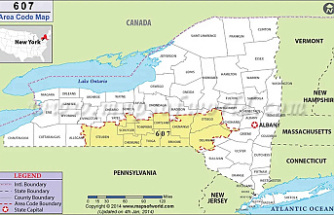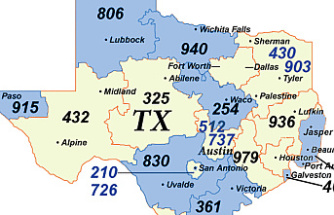ST. PETERSBURG — About two dozen residents quizzed city officials Monday evening about planned sewer system work in a forum that distilled the fears and confusion of a city bracing for the coming rainy season.
5 Months Ago
5 Months Ago
4 Months Ago
At issue was a state consent order that is being finalized in the wake of the city discharging 200 million gallons of sewage on land and in area waters during heavy rain events the last two summers. The order, which should be agreed upon by mid-April, would compel the city to spend hundreds of millions of dollars to fix its ailing sewer system.
That would help the city avoid up to $810,000 in penalties it is facing for the discharges.
"We can't afford to kick this can down the block anymore and let someone else handle it," Public Works Department spokesman Bill Logan told those who attended the forum at the Lake Vista Recreation Center.
City officials detailed work being undertaken on the city's 937 miles of pipes to reduce stormwater from seeping into them. They explained how new injection wells at the Southwest and Northwest wastewater treatment plants should help the city dispose of treated sewage by pumping it deep underground. And they outlined massive projects to expand capacity at the city's three sewer plants.
Council chairwoman Darden Rice said the city is interested in residents' ideas on how to spend the money on pollution-control projects. But most of the speakers had broader concerns to voice.
Several residents complimented the city on its efforts. But others wanted assurances that this coming summer won't be a repeat of the last two.
What percentage odds can the city give that it won't happen again, asked Walter Donnelly, who lives in the Bayway section of the city.
Interim Water Resources director John Palenchar said it all depends on the severity of storms. But, he said, if the new wells and upgrades are in place by summer as planned, the city could handle a rain event like the three weeks of steady rain that occurred in August 2015 and produced the city's first spills.
Other residents worried that investing so much money in the Southwest plant near Eckerd College in a low-lying, vulnerable area on the southern tip of the county was a wasted effort in the face of rising seas and more violent storms associated with climate change.
"Who's got the contract for 500,000 porta-potties?" quipped Claire Karas, 64, of Maximo Moorings. She said if a major hurricane hit the city, the plan to make the Southwest plant the workhorse of the system would backfire.
Instead, she said, the city should explore a new site for a sewer plant on higher ground.
Council member Steve Kornell said he was disappointed that, despite a requirement in the consent order that the city explain what it plans to do with the shuttered waterfront Albert Whitted sewer plant, city officials hadn't mentioned it in their opening remarks.
"That's a large omission," Kornell said.
Palenchar said the city would address the fate of Albert Whitted as it crafts a master plan for the sewer system, but that the closed plant is "an unknown quantity."
The city closed Albert Whitted in April 2015. Since then, top sewer officials and the state Department of Environmental Protection have said that its closure worsened the city's sewage crisis.
Jeff Stewart, 39, who lives in Meadowlawn, questioned Mayor Rick Kriseman's $304 million plan, saying he thought it would likely be more expensive than advertised.
"I want to foot the bill for the right plan," he said.
Kriseman attended the first part of the meeting, but didn't address the entire group. Instead, the mayor talked with residents during a break.
The often technical information left some residents still grasping for answers but hopeful that the city was on the right track.
"I'm concerned about what happened last summer, but I don't feel I know what they're going to do," said Joyce Caspary, 78, an Isla del Sol resident. "But they seem like they know what they're doing."
A second public information session on the consent order will be held March 15 at the Azalea Recreation Center, 1600 72nd St N.
Our editors found this article on this site using Google and regenerated it for our readers.












